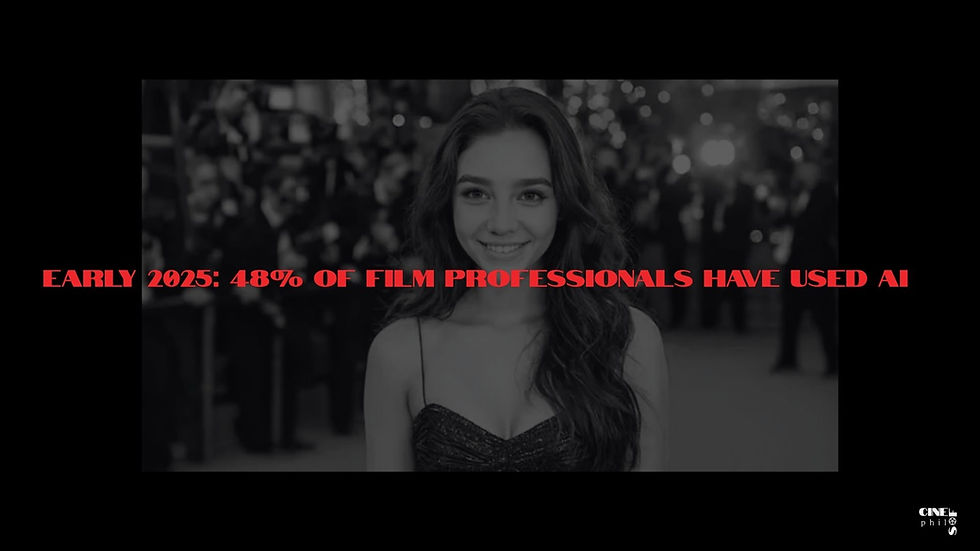Freddie Mercury at 79: The Price of Fame and Cost of Legacy
- Sofia R. Willcox

- Sep 5, 2025
- 3 min read
Today, musical excellence goes beyond albums or songwriting; it’s about captivating stories, strong concepts, and impactful branding. Authenticity and the lifestyle a musician represents matter just as much. On what would have been Farrokh Bulsara’s 79th birthday, it’s worth reflecting on his complex legacy amid today’s rising right-wing violence, growing xenophobia, and harsher (anti) immigration policies.
Nearly eight decades after his birth, Freddie Mercury’s true origins remain overshadowed. Despite his flamboyant stage persona, he kept details of his personal life private, sharing them only with himself and a few close friends, even from the media and his family. After his death in 1991, they burned most of his personal possessions, leaving little trace of his day-to-day life. We’ve created a patchwork quilt about him, composed of memories, archival footage, and selective narratives, which leaves us with an incomplete, often unreliable, yet compelling image.
The Making of Freddie Mercury
Born in Zanzibar (now Tanzania) to Parsi-Indian parents from the Zoroastrian community of western India, Freddie’s ancestors hailed from Persia. His father worked as a cashier at the British Colonial Office. Mercury spent much of his childhood in India, attending British boarding schools and developing a love for music through his aunt and grandparents in Bombay. By 12, he led a school band, The Hectics (1958-1962), covering rock legends like Elvis Presley and Cliff Richard.
In 1964, Freddie’s family fled the violence of Zanzibar’s revolution, which killed thousands of Arabs and Indians. In 1969, he became a UK citizen and changed his name to Freddie Mercury in 1971. He later studied at Ealing Art College, played with the blues band Ibex, and joined Smile with Brian May and Roger Taylor—the rest is history.
Between the 1950s and 1960s, waves of immigrants from British colonies arrived in the UK, facing daily discrimination and ignorance. People often saw foreign identities as obstacles to success and opportunities (still). This hostility likely influenced Freddie’s decision to downplay his origins publicly. While many biographers argue that he cleverly minimised his heritage to pursue his musical dream, others criticise him for this choice.
The 2018 biopic Bohemian Rhapsody revived Freddie’s legacy but glossed over key aspects of his identity. It downplayed his bisexuality and left his ethnic background unclear, simplifying his life to fit a more palatable narrative for a predominantly white audience. Simplifying a person’s identity limits our understanding of their history and distorts how future generations perceive it, and how the audience connects with it.
Evidence of Freddie Mercury’s Background
Nevertheless, Freddie left traces of his background in his work. For example, the word “Bismillah” in Bohemian Rhapsody means “In the name of God” in Arabic, and the song “Mustapha” blends Arabic and English lyrics. His accent—often described as unique and sometimes attributed to his Anglo-Indian upbringing—has sparked much debate. Some even saw his posh persona as a way to emulate Queen's essence. Unapologetically, he united these opposed worlds, defied them with this re-invented persona.
Freddie’s hometown honours him with exclusive tours. Yet his bisexuality remains a sensitive subject, especially within conservative circles of the Parsi community. While the Parsi community is a minority, many take pride in his trajectory. His talent transcended borders, as seen in the unforgettable Rio de Janeiro crowd during his 1985 performance.
True Colours of Prejudice
Why does Britain still claim Freddie Mercury as one of its own, despite his choice to omit his ethnicity? Is this an attempt to whitewash the country’s colonial past or to avoid confronting current social tensions? If he hadn’t redefined the rock star and paved the way for others, would he still be considered British? And why does speculation about his “whiteness” persist online?
If today’s cultural standards had existed back then, would Freddie Mercury still have been Farrokh Bulsara? He was defined not by his Persian-Indian roots or Zanzibar birth, but by his glam rock flair and blurred gender (and genre) boundaries. Even debates over whether Queen’s music is truly rock. But in the end, are these debates rotten at their core, rooted in society’s discomfort with difference?




Comments